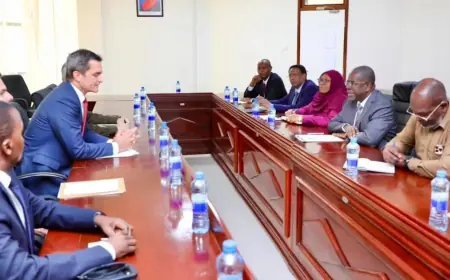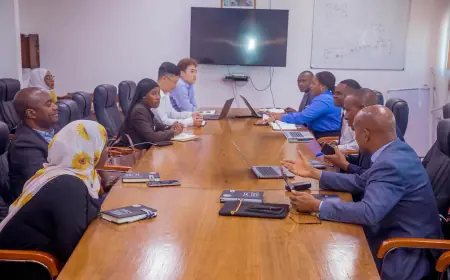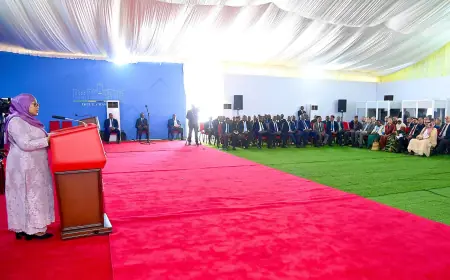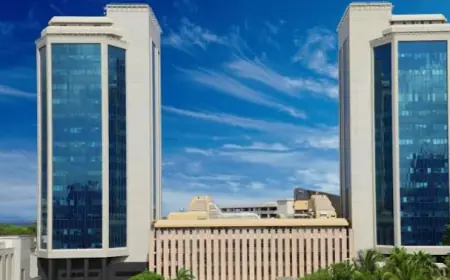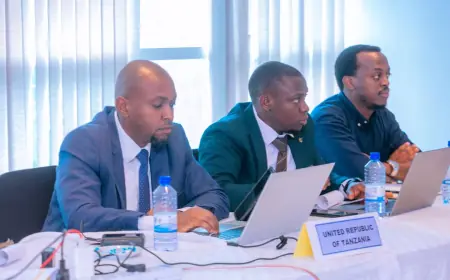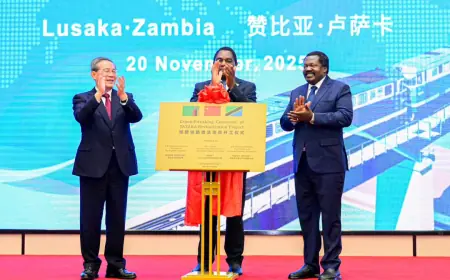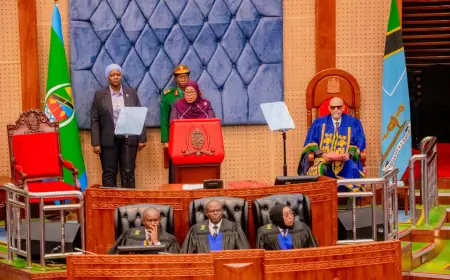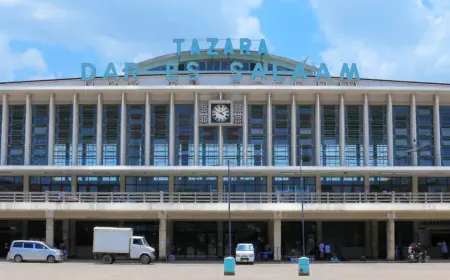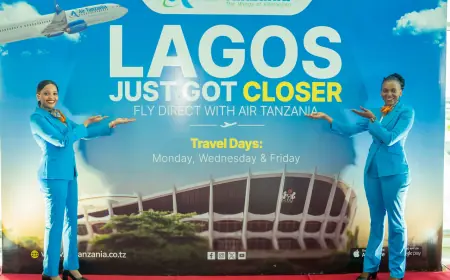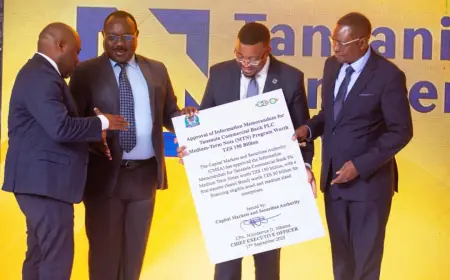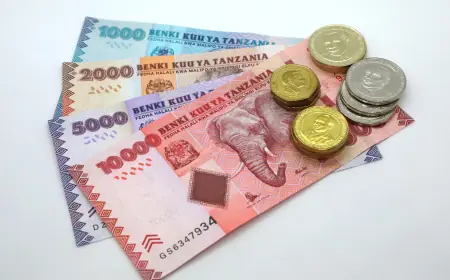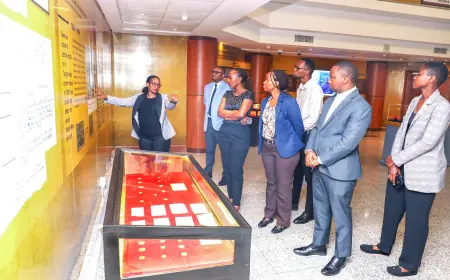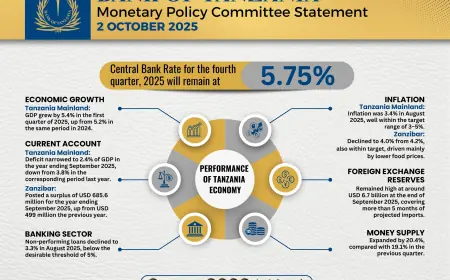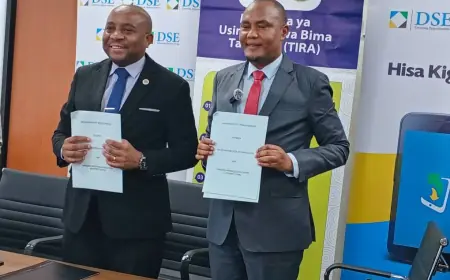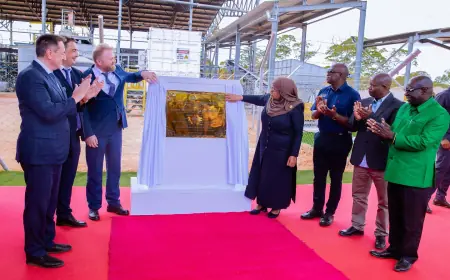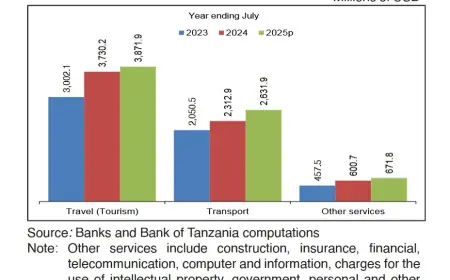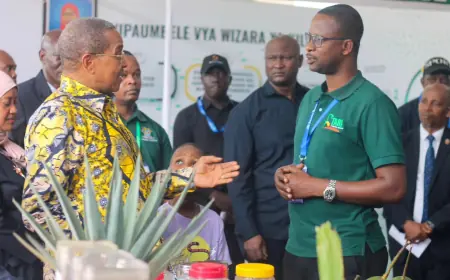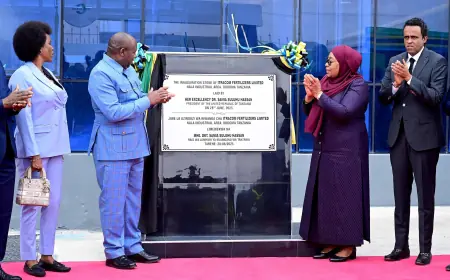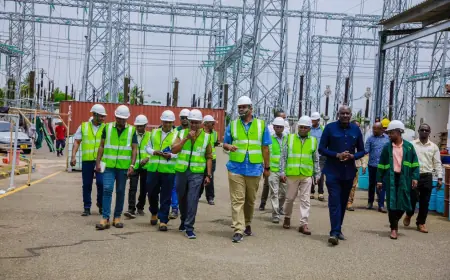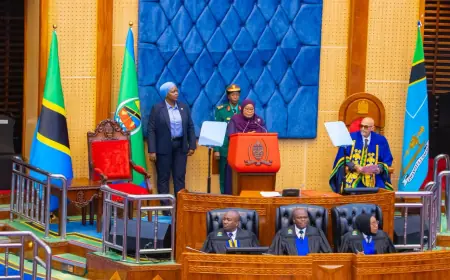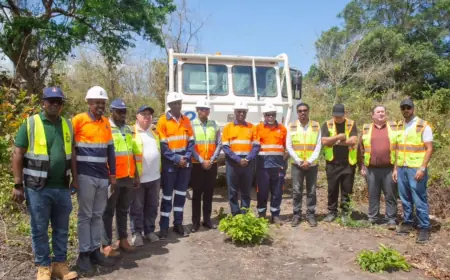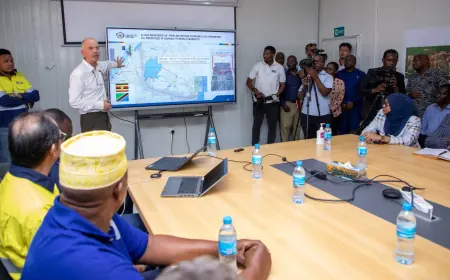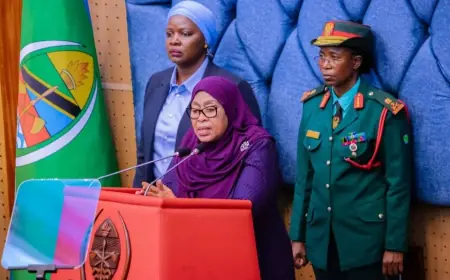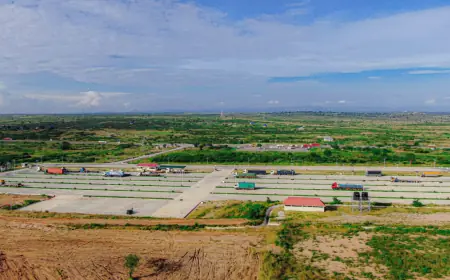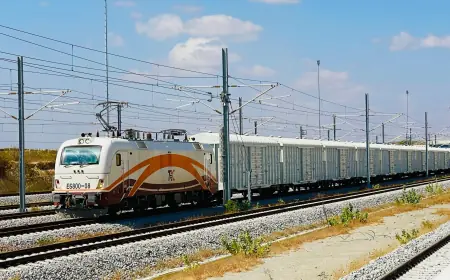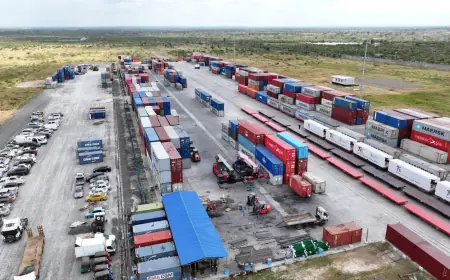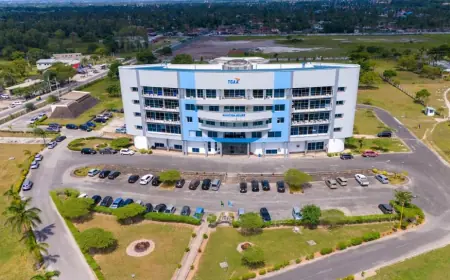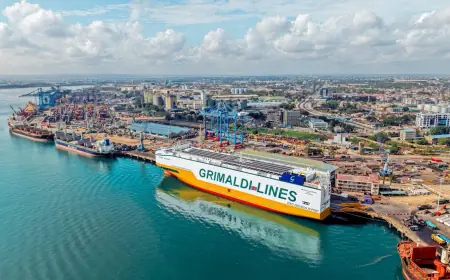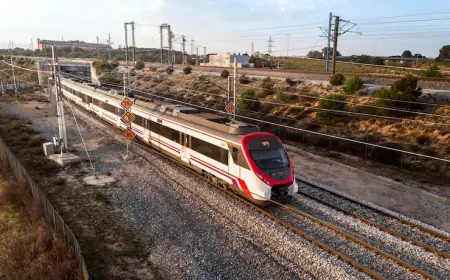LATRA orders online bus ticket providers to link with government system by July 1
This decisive measure aims to enhance oversight in the land transport sector, improve transparency in revenue collection, and guarantee passengers receive services in full compliance with the law

Dodoma. The Land Transport Regulatory Authority (LATRA) has directed all online ticketing providers to integrate their systems with the national infrastructure jointly overseen by LATRA and the Tanzania Revenue Authority (TRA) before July 1, 2025.
This decisive measure aims to enhance oversight in the land transport sector, improve transparency in revenue collection, and guarantee passengers receive services in full compliance with the law.
At a routine inspection of compliance with passenger transport licensing conditions in Morogoro, LATRA’s Head of Communications, Mr Salum Pazzy, disclosed that only a handful of the fifteen authorised ticketing platforms have so far completed registration and integration with government platforms.
“After 30 June this year, service providers who have not completed integration with government systems will not be allowed to continue operating. The objective is to eliminate revenue leakages and ensure passengers receive safe and transparent service,” Mr Pazzy affirmed.
Among the platforms already compliant are: Logix Co Ltd; Itule Co Ltd; Busbora Co Ltd; Duarani Innovate Co Ltd; Web Corporation Tanzania Ltd; Hashtech Tanzania Ltd; Otapp Agency Co Ltd; Sepa Tech Ltd; Iyishe Co Ltd (Adventure Connection); Global Light & Co Ltd; Mkombozi Infotech Co Ltd; Meerkatz – Kidia One; Abood Bus Services; Borita Co Ltd; and Exabytes Africa Ltd.
LATRA, working in tandem with the Road Transport Police Unit, is conducting nationwide inspections.
The checks verify valid operating licences, usage of seat‑belts, proper labelling of passenger luggage, and adherence to electronic ticketing regulations.
Furthermore, LATRA has warned that any unregistered service providers will face prohibition from operations and strict legal sanctions.
All bus attendants must have completed training at accredited institutions such as Arusha Technical College, College of Business Education, or the National Institute of Transport, hold valid identification credentials, and maintain proper conduct, cleanliness, and courtesy in servicing passengers.
Common infractions by attendants include broadcasting inappropriate music, allowing unlicensed trading on buses, and failing to properly manage passenger luggage.
The policy has garnered praise from many transport operators, who contend that the inspections serve as a timely reminder of their duty to uphold high standards of service at all times.
Reinforcing Prior Reforms and Sector Strategy
This directive aligns with LATRA's ongoing efforts, initiated in 2022, to enforce electronic ticketing on upcountry bus services.
The Authority’s broader strategic plan from 2020 to 2025 includes full ICT integration with TRA by June 2025, doubling revenue collection, and establishing alternative revenue streams.
Online ticketing was introduced to benefit passengers—by eliminating queues and uncertainty—and operators, by enhancing operational efficiency, unlocking marketing potential, and providing valuable insights into demand patterns.
Addressing Industry Concerns
Despite benefits, the innovation has attracted criticism. Some bus owners have protested a 0.5 per cent surcharge levied by LATRA on all electronic tickets—a portion of which supports the Authority's operations—which they claim exacerbates their financial burden.
Others advocate for this levy to be consolidated into licensing fees, citing its daily impact on profitability.
Meanwhile, LATRA continues its advocacy efforts; for instance, ministers have reiterated the need for mandatory electronic ticket issuance on commuter services during festive seasons to ensure safety and revenue accountability.
Impact on Passengers and Road Safety
Passengers stand to gain from assured ticket authenticity, consistent fare pricing, and improved accountability.
LATRA also emphasises that e‑ticketing facilitates insurance tracking and swift intervention in emergencies, as highlighted in recent festive‑season compliance inspections.
From a road‑safety standpoint, real‑time ticketing transactions allow enforcement agencies to monitor routes and enforce regulations more effectively.
With the deadline now less than three weeks away, LATRA expects all remaining providers to finalise system integration promptly.
Failure to do so will result in immediate operational bans, tightening revenue assurance and safeguarding passenger rights.
Together with TRA, LATRA insists that this initiative will revolutionise transparency, accountability, and service quality within Tanzania’s land transport sector.
What remains will be crucial: ensuring operators comply, addressing levy concerns, and equipping informal passengers to adapt to digital systems.
The outcome of this transition will likely define the future of bus travel across the nation.
What's Your Reaction?
 Like
0
Like
0
 Dislike
0
Dislike
0
 Love
0
Love
0
 Funny
0
Funny
0
 Angry
0
Angry
0
 Sad
0
Sad
0
 Wow
0
Wow
0

